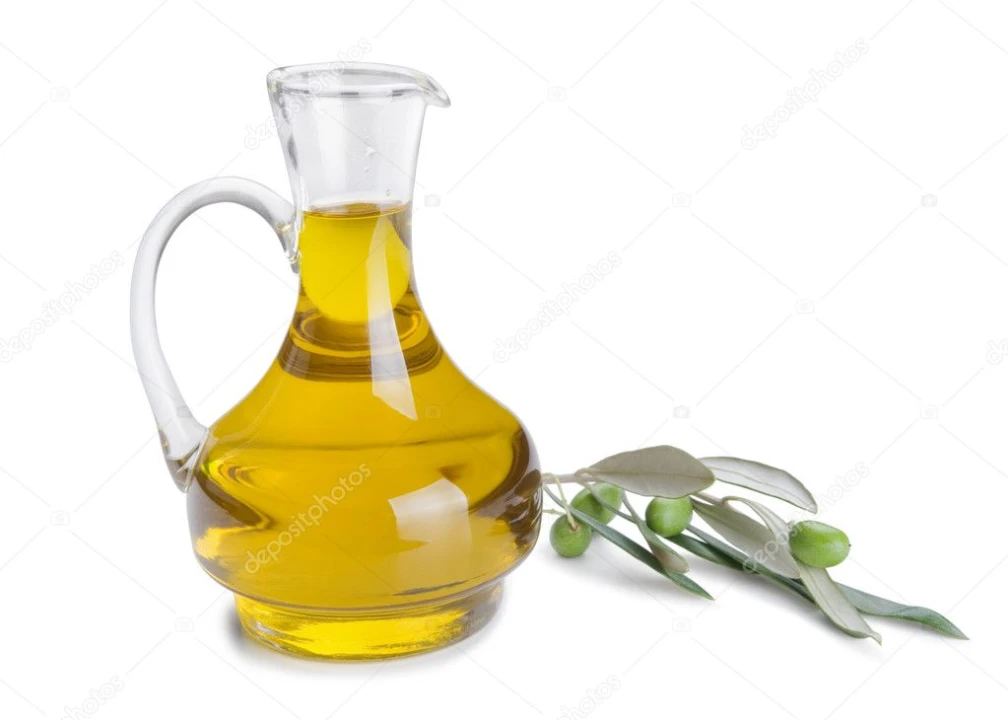The history of the olive has been linked to that of humanity for over 7000 years, even becoming a biblical symbol of peace between God and humanity after the Flood. Olive oil originated in the Eastern Mediterranean and has been used in various ways over the centuries: as an ingredient in cosmetics, a medicine, a fuel, an element of religious rituals and, above all, as a food. Apulia is Italy’s most important olive-growing region, with its 50 million olive trees and production of olives and oil.
The province of Foggia was known as Daunia in Roman times, and the cultivation of olive trees in the area dates back to that era. The name Daunia comes from the mythological Dauno, king of Arcadia, who entered Italic mythology by landing on the coast of Apulia, where he drove out the Ausonians and established new towns.
Olive growing in Foggia is divided into four centres, which differ due to their geographical locations, variety of species, management systems and development potential. These four areas also give their names to the four types of Dauno oil: “Basso Tavoliere”, “Gargano”, “Alto Tavoliere” and “Sub Appennino”.
The product
Extra virgin olive oil is the oily juice of a fruit, the olive, and is the only oil that can be consumed exactly as it comes from the fruit. It is obtained from the olives exclusively by mechanical means, in temperature conditions that do not cause any type of changes. Is not subjected to any other treatment except washing of the fruit, milling, the preparation of the paste, the separation of solids and liquids, and filtering.
The olives are picked directly from the tree at the right stage of ripeness. They are inspected individually, certified for variety and origin, and the juice extracted from them retains its original flavour, aroma and quality.
It is a long, complex and fascinating process, which involves very short harvesting times, careful transportation with specified durations and temperatures, washing, leaf extraction, removal of foreign bodies, milling, paste preparation and separation. The oil is immediately protected by storing it in the dark at ideal temperatures. The result is the desired fragrance and taste, obtained through extreme care to prevent any kind of defect in the product.
The Dauno DOP oil production rules state that only mechanical and physical processes may be used for the extraction of the extra virgin olive oil, to ensure the attainment of oils without any change to the qualitative characteristics of the fruit.
One of the permitted extraction methods involves the use of traditional “molazze”, large granite wheels that turn on a granite slab to crush the olives into “olive paste”. The olives are pressed and ground for about 20-30 minutes under the weight and rough surface of the granite.
The Varieties
Four olive varieties are used, depending on the type of Dauno DOP oil: Dauno Alto Tavoliere is obtained from the Peranzana or Provençal olive variety, Basso Tavoliere from Coratina olives, Gargano from the Ogliarola Garganica variety, and Sub Appennino from Ogliarola, Coratina and Rotondella olives.
The four types of oil differ in colour, acidity, panel test score, peroxide and polyphenol content, and particularly in terms of their smell and taste: Dauno Alto Tavoliere has a medium fruity aroma, with a hint of fresh fruit and sweet almond, and a fruity taste.
Basso Tavoliere has a fruity aroma and taste, with a slightly spicy and bitter sensation; Dauno Gargano has a fruity aroma with a hint of herbs and a fruity flavour with an almond aftertaste; and Sub Appennino has a medium fruity aroma with hints of fresh fruit and a fruity taste.
The local area
Dauno DOP oil is produced in the province of Foggia in Apulia, but its indication changes according to the municipality. This is due to several contributing factors that form and differentiate the features of the oil from the four production centres, but the key factor for the specific qualities of each type of Dauno oil is that of the local soil characteristics.
These range from the silty and clayey “sands of Serracapriola” of Dauno Alto Tavoliere, and the clayey, pebbly and chalky soil of Dauno Basso Tavoliere, to the looser and more compact limestones of Dauno Gargano, and the highly varied substrate of the hilly zone known as the “Daunia Formation” of Dauno Sub Apennino.
By Consorzio Daunia Verde with MiPAAF




